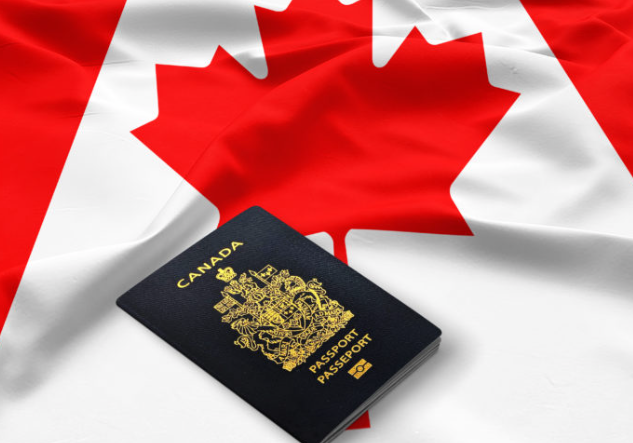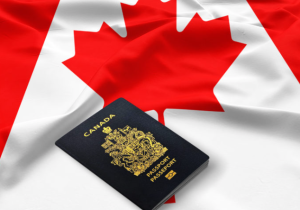The Government of Canada has updated its travel advisory for Nigeria, urging citizens to avoid all non-essential travel due to persistent insecurity across the country.
In the advisory released on 24 November, Canada cited ongoing threats of terrorism, crime, inter-communal violence, armed attacks and widespread kidnappings. The warning applies nationwide—including the Federal Capital Territory, Abuja—while Lagos and Calabar remain under a “high degree of caution” notice due to high crime levels.
Several states were classified as no-go areas where all travel should be avoided. These include Kaduna, Kano, Katsina, Sokoto and Zamfara in the Northwest; Plateau, Niger and Kogi in the Northcentral; and Adamawa, Bauchi, Borno, Gombe, Jigawa, Taraba and Yobe in the Northeast. The advisory also warns against travelling to the Niger Delta states of Abia, Akwa Ibom, Anambra, Bayelsa, Delta, Enugu, Imo and Rivers, except Port Harcourt, where even non-essential travel is discouraged.
Canada noted that the national security landscape “remains unpredictable,” with frequent protests that may turn violent, as well as ongoing security operations and curfews that can disrupt movement.
Criminal activity remains a major concern, especially in Lagos and other urban centres, with reported cases of petty theft, armed robbery, home invasions, carjackings and burglaries. Foreign nationals have been targeted, sometimes by individuals posing as security personnel. Kidnapping incidents continue across northern, northeastern and southern states, including affluent communities.
The notice further highlights risks of terrorism, referencing attacks on security forces, places of worship, public venues, transport hubs and government buildings. It warns that attacks may increase during political events, religious holidays and large gatherings.
Road travel is described as dangerous due to poor road conditions, armed robberies and criminal checkpoints. Travellers are advised to avoid night journeys and remain alert around checkpoints, while public transportation—taxis and ridesharing services—is considered unsafe.
Additional risks outlined include piracy in coastal waters, frequent power outages, fuel shortages and widespread fraud involving ATMs, online platforms and social media. Canada also warns that 2SLGBTQI+ individuals may face discrimination or prosecution under Nigerian law, while women travelling alone may encounter harassment.
Entry rules for Canadians remain unchanged, with visas required for all forms of travel. Dual citizens must enter and exit Nigeria using a valid Nigerian passport.
Health alerts were also included, with emphasis on measles, polio, diphtheria and other preventable diseases. Travellers are urged to ensure vaccinations are current and to seek medical advice before departure.
Canada concluded by advising citizens who choose to remain in or travel to Nigeria to stay vigilant, monitor local media and follow directives from Nigerian authorities.






